It’s pretty difficult to not hear the n-word in everyday language. The colloquial “nigga” is derived from the racial slur “nigger”, the replacement of the -er and addition of the -a linguistically diminishes the magnitude of the word thereby creating a whole new meaning. This is the leading argument for young African Americans and other Black people, the reclaiming of the original word occurring around the Black Arts Movement.
The usage of the word amongst Black people and non-Black people using the word have always been controversial. Recently, “Jane the Virgin” lead actress Gina Rodriguez received major backlash for uploading a video of herself singing along to the Fugee’s ‘Ready or Not’ and reciting the n-word. Rodriguez, who is Puerto Rican, was called out on social media for not being more aware of her inability to say the word due to her non-black ancestry. However, this also sparked a comparison between Rodriguez and Bronx-rapper Cardi B, who is of Dominican and Trinidadian descent and is able to freely say the n-word. Aside from Black people, for non-Black people, the line seems to be blurred for who is able to say the word.
Some say that environment, growing up in predominantly Black communities, is a sort of pass to say the word. Others strictly affirm that only Black people can say the word. However, this remains a gray area for mixed children with a Black parent who are white-passing and would not experience the same hardships as their darker counterparts. Lastly, there are Black people who believe that the word should be stripped from our language altogether. Rightfully arguing that a different spelling is merely just that and does not erase the painful and generationally damaging history embedded in the word. Still, through popular mediums such as Blaxploitation films and series and hip hop music and art, the usage of the word prevails.
On Kendrick Lamar launched the term “negus” into the stratosphere with his album To Pimp A Butterfly. The term is an Ethiopian term used to refer to royalty. His message that niggas were not ‘niggers’ but ‘negus’, kings and queens. A common idea amongst African Americans who search to lay claim to their broken African roots, drawing connections to the ancient African Kingdoms and native African ethnic groups. I enjoy listening and rapping along to Kendrick Lamar, and other artists who use the word. As an African American man I am in the “safe zone” of who can say the word. And I buy into this because I am African American. It is why I even feel why I am writing this article and use it freely throughout.
Black culture in the United States has always been a reclaiming of some aspect of our identity. As a people who are the most socially disadvantaged due to the erasure of our native heritage, our entire existence on the North American continent has been reinventing our cultural identity with the hand that we were dealt. And we were not dealt much. Despite the lynch mob, the voter mobs, the real estate agent, the city Congressman, we have transformed the landscape of America with our inventions and accomplishments as a people. Our reclamation lies in the fact that despite being called the n-word for so many generations, we have overcome so many obstacles to make strides for the greater community.
Every step forward has been a reaction to the push back Black people have undergone for over two centuries. We use the word with each other as a symbol of redefining the identity that was forced upon us by those that call themselves our masters. The attempt to connect with African royalty is understood because the innate resilience displayed by Black people for centuries can only stem from something great. So I rap proudly along to Kanye and Jay Z’s “Niggas in Paris” because who ever thought we would be able to go to Paris.
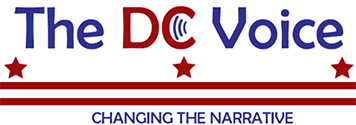










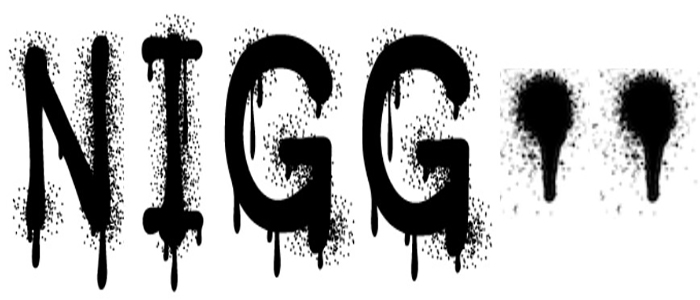

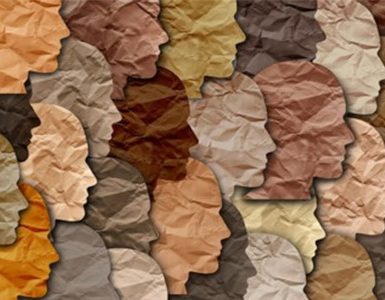
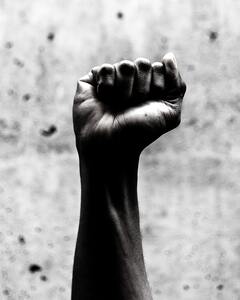

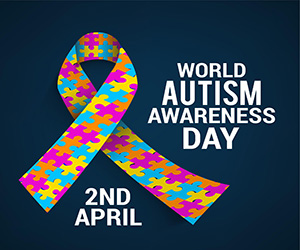
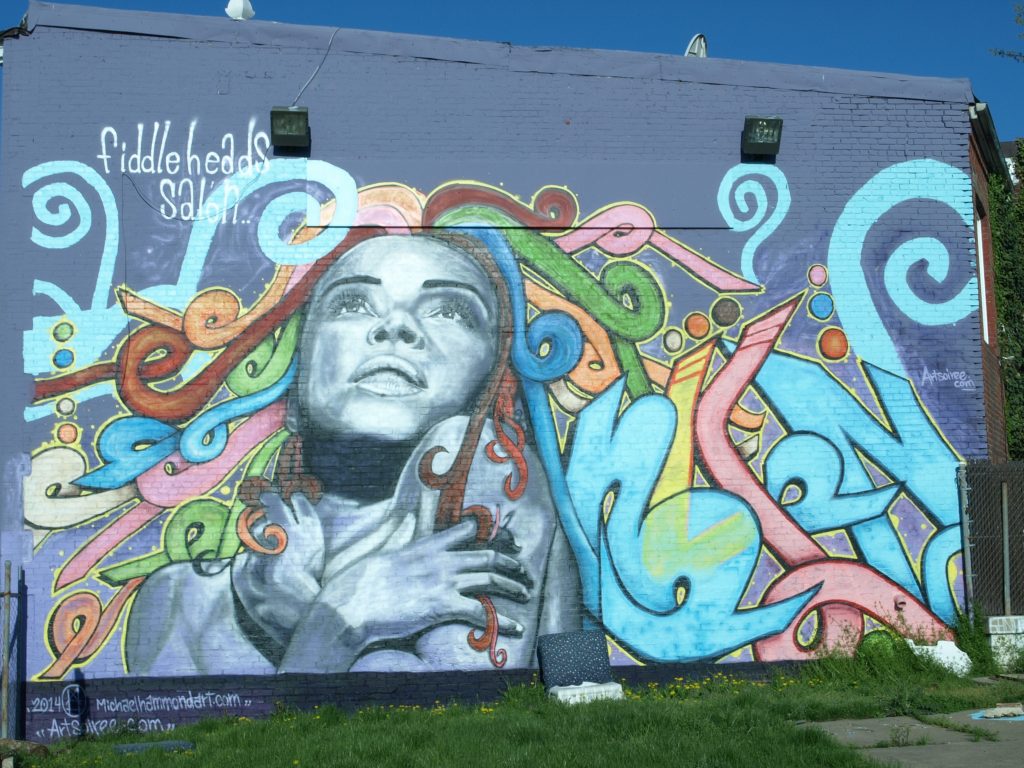
Add comment